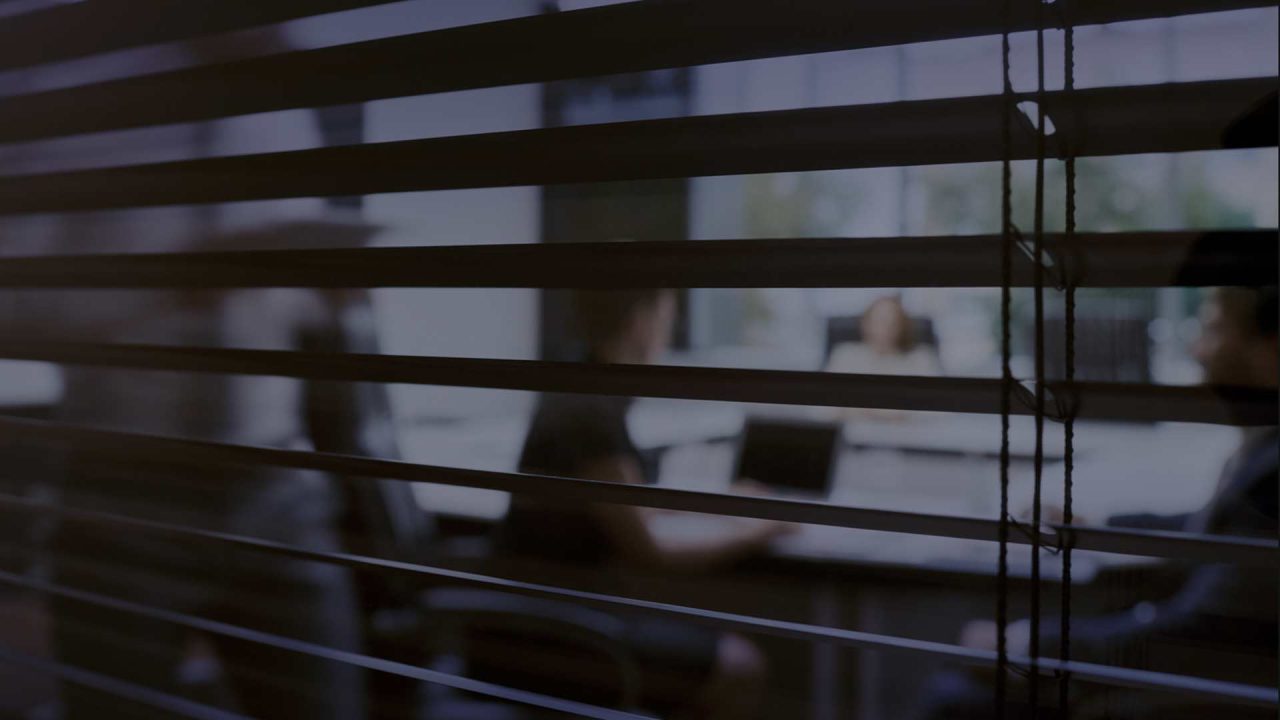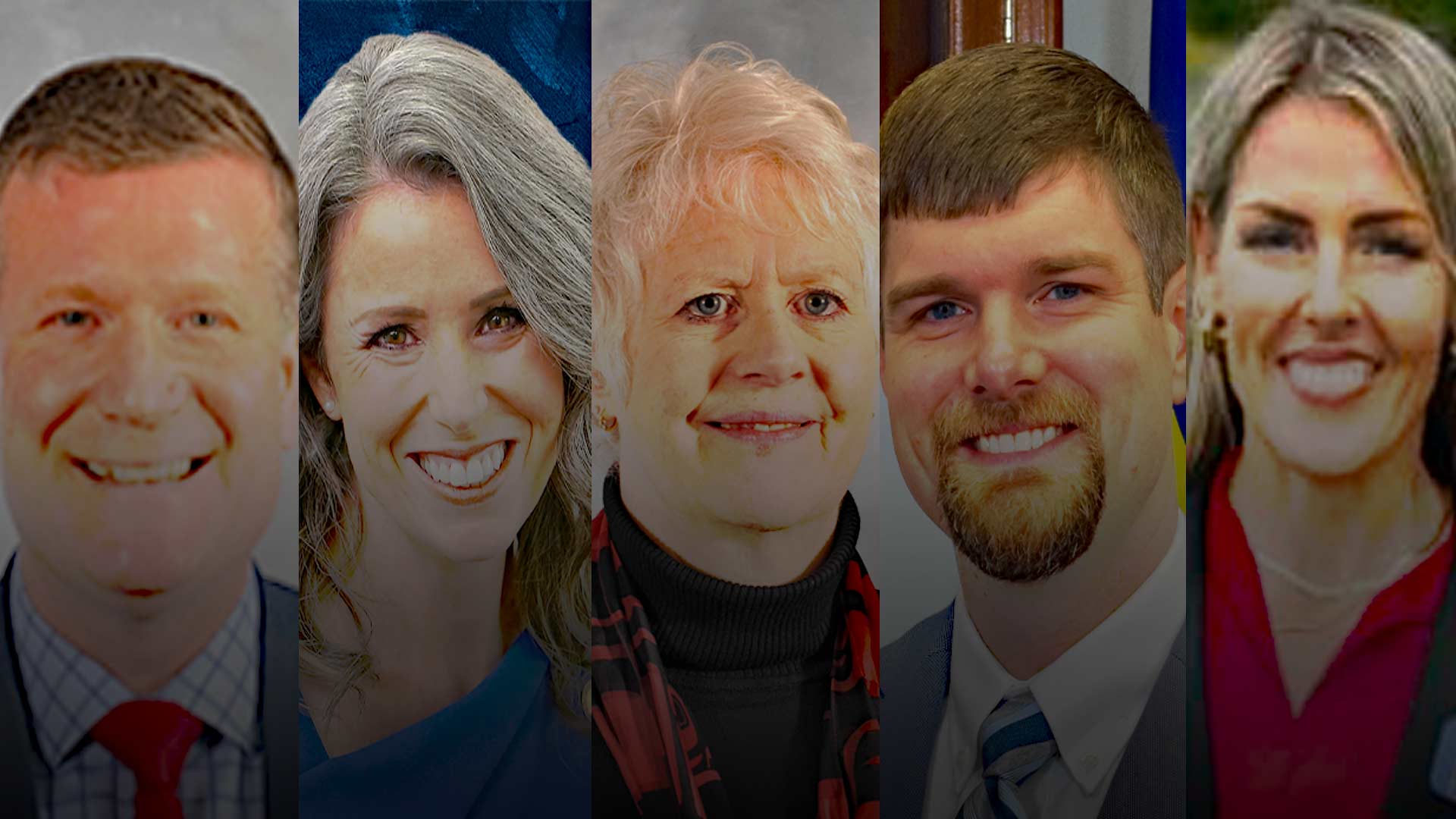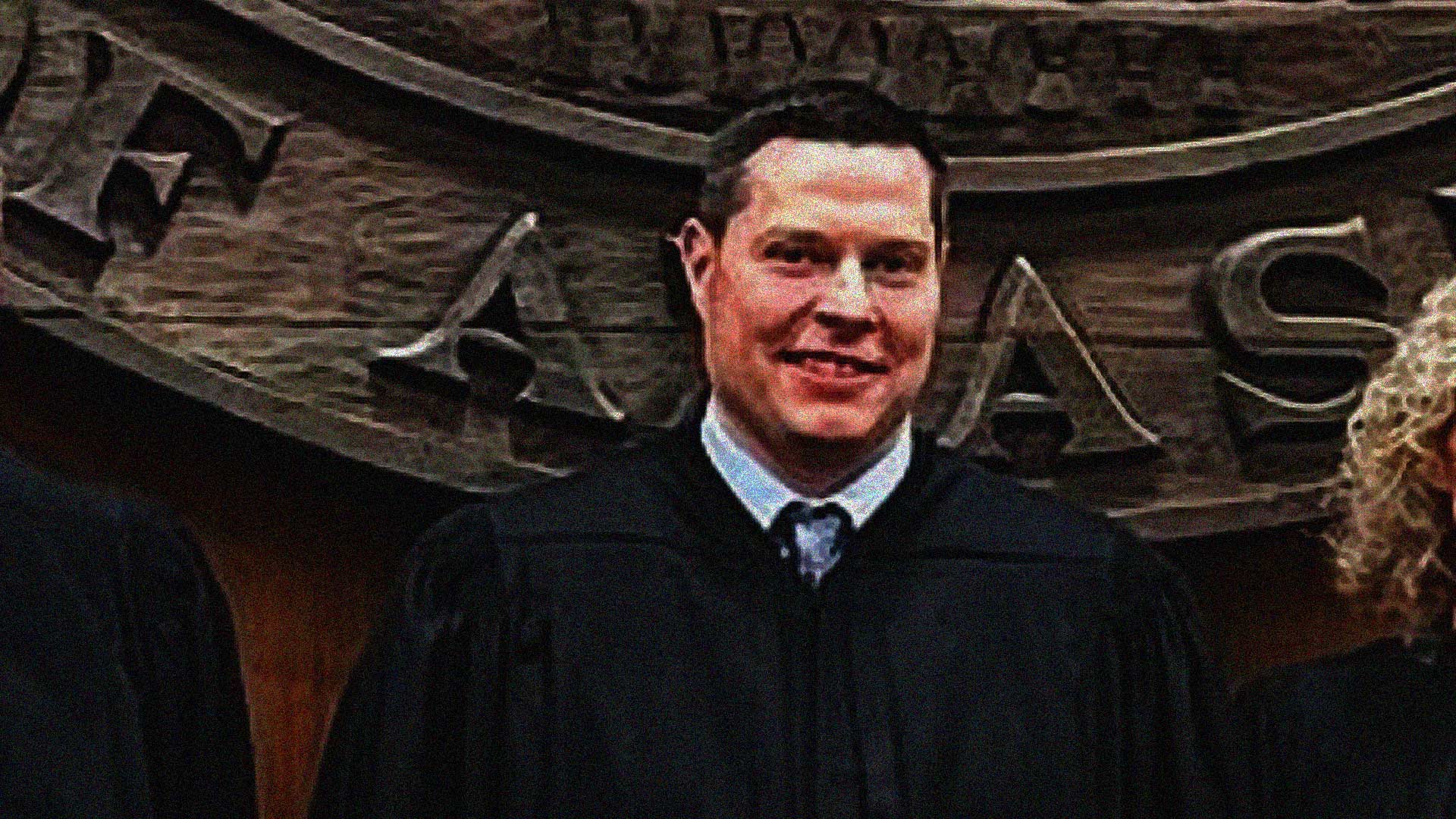
Seven accomplished attorneys and judges have applied to fill the pending vacancy on Alaska’s Supreme Court, which will occur this coming February when Chief Justice Daniel Winfree retires.
On Monday, Dec. 5, the seven members of the Alaska Judicial Council will weed out some of these candidates as they privately deliberate over who they personally think is sufficiently qualified to serve on the high court.
The public will not be privy to these conversations, nor will we ever know the rationale behind why some candidates were deemed unfit to serve on the high court. All the public will ever see or hear is the final verdict, when the seven members of the council emerge from executive session to publicly cast their votes for or against each candidate.
Candidates who gain four or more votes will then be forwarded to Gov. Mike Dunleavy, who is constitutionally tasked with choosing one person from this pool (which must be at least two candidates) to be the newest Supreme Court justice.
If Dunleavy finds the Judicial Council’s approved candidates as lacking, or if he has someone else in mind, that’s just too bad. He cannot choose anyone outside the names given him by the majority members of the Alaska Judicial Council. He can’t even require them to send him a few more names.
This secretive deliberation process has raised serious concerns ever since it was enshrined in the Alaska Constitution at statehood.
Why was so much power invested in an unelected seven-member body? Why are they the only ones allowed to decide who is qualified to sit on the highest court in the land? Why doesn’t the Legislature have any say? Why can’t the governor nominate someone he has in mind?
With virtually every other public servant, Alaska has a robust process including transparent public deliberations about potential state commissioners or members of various state boards and commissions.
After conducting private interviews with each of the six candidates, the council will privately discuss amongst themselves what they think of each one, and then emerge from their closed-door deliberations to cast their votes.
The fact that Alaska’s founders made an exception and granted the Judicial Council so much secrecy, power and influence over judicial selections was disquieting at statehood, and remains a major concern for many Alaskans today.
Supporters of the current system claim it is the best way to keep “politics” out of the appointment process. But is it? Do the members of the Judicial Council have no political or party affinities, no social justice interests or concerns?
Of course not.
Rather than removing politics from the judge selection process, this system simply limits the pool of participants to seven individuals who have absolute sway over what sort of judges will rule from the bench in Alaska.
On Dec. 6, the Judicial Council will gather in Anchorage to issue a verdict on the worthiness of the six applicants. Before doing so, members of the public will be granted one hour on Dec. 5 to speak their piece. This is arguably the shortest and most insignificant portion of the entire two-day gathering. To be perfectly clear, these public comments are mere suggestions. The Judicial Council can ignore them with impunity because the council doesn’t answer to the public.
ALASKA WATCHMAN DIRECT TO YOUR INBOX
As gatekeepers of Alaska’s judiciary, they are literally above reproach. Three members are selected by the private lawyers’ association – the Alaska Bar. Three are appointed by the governor and confirmed by the Legislature, and the tie-breaking vote goes to the chief justice of the Supreme Court. In this case, retiring Chief Justice Winfree. Apart from of some gross dereliction of duty, these members can approve or block candidates at their whim.
Outside of the public hearing, Alaskans will see and hear nothing about how or why certain applicants were approved while others were nixed. Was it because of a candidate’s judicial philosophy? Their political views? Their religious or social affiliations? We will never know.
After conducting private interviews with each of the seven candidates, the council will privately discuss amongst themselves what they think of each one.
While members of the public will be permitted to see how each council member votes, they will not be privy to any of the rationale or justifications.
We cannot ask. We will not be told, and we will live with it.
The only way to change this system is through a constitutional amendment.
TAKING ACTION
— Alaskans can weigh in on the seven applicants (see list below) on Dec. 5, 12:30 p.m., at the Boney Courthouse, Supreme Court Courtroom (303 K Street, Anchorage). Testimony can also be provided by calling 1-833-928-4610 (meeting ID: 844 6481 1777).
— The public vote on each candidate will take place on Dec. 6 at 11:45 a.m. The public may attend this in person or listen via phone by calling 1-833-928-4610 (Meeting ID 835 6372 7190.
APPLICANTS FOR ALASKA SUPREME COURT VACANCY








11 Comments
They block some (conservative Constitutionalist) judges, and now, they block access to the meetings on why they block judges that they don’t align with politically.. Sounds about right.
Well it looks fair to liberals at least. To heck eith everyone else. I say after 50+ years it’s time to change this. let’s make it actually fair. Number one; term limits fir all elected officials and judges. Number two; let the governor select names and put them on te ballot for all to vote on. Number three; I always vote no on all the judges.Tgere are enough judges out their to replace all of them every election. We tge people need to start standing up for ourselves. This follow the Pied Puper stuff has to come to a screeching halt NOW
A good article highlighting a huge problem. I remember when Gov. Dunleavy wanted a judge representing the Bush but the judge, who was eminently qualified and from that area, was not selected by the Judicial Council. What the governor wanted was a Supreme Court representing all of Alaska and not just Anchorage and Fairbanks. The lefties had a fit. This is only one of the areas on the Alaska Constitution that should be changed. The Governor also tried to get an initiative to allow Alaskans to vote on any new taxes, but it was blocked in the legislature by those who don’t want Alaskans to decide anything for themselves. And the Governor’s initiative for the PFD to be in the Alaska Constitution was also blocked by those in the Finance area of the legislature as “their prerogative.” To have the legislature able to block initiatives from being voted on by the public is dangerous. There are term limits on the governor, but not the legislature. That should be corrected. A start would be the removal of the Judicial Council as the final arbiters of which judges’ names go to the governor for appointment. Removal of the legislature from blocking initiatives and term limits should follow.
Term limits on legislative persons and the governor. The council should be a part of a term appointment through the Administrative Department as they are all State employees and receive benefits through the state coffers and retirement as well. Changes to amend these sections of the State Constitution should be by vote of the people. The judges should be elected by the people and put to the test through a term appointment to the bench. We have a lousy State Supreme court with judges that don’t have a grasp on anything of the US Constitution or the state constitution. The vote of the people needs to be the active component. Governor Dunleavy has nothing to do with efficiency of anything. His workings are for “favoritism” and use of those employees for his purposes. Right now, let’s all hope that he and the Attorney General are in legal hot-water over use of money for elections and what he asked the public and the State Attorney General to do. The other person in the groupie was the AG’s wife. All of them…….should be put out of work and let go. Hope we can bring charges against Dunleavy and the State Attorney General. Send them to jail would be the best thing. If we are that lucky, the Lt Govenor is the next person in line to run the state. I hope Dunleavy will be gone for good.
There are term limits on the governor. He is limited to two consecutive terms per the Alaska State Constitution. Maybe you should also read back to 2019 when Scott Kendall, former(?) chief of staff to former governor Bill Walker, started a 4 year campaign to harass Dunleavy through a recall, then several lawsuits of dubious legality, and finally through the RCV which he mainly authored. From the beginning, Walker and Gara were teamed up to beat Dunleavy by combing votes through the RCV. But I bet you never would complain about that, would you? As for term limits, let’s apply them to the legislature as well as the governor. As for the Alaska Supreme Court, they are recommended by the Judicial Council which is usually made up of lawyers and their friends, no matter who the governor appoints as his share of the judicial council. And again, it is the Alaska State Constitution that mandates that the governor has to pick from their recommendations even if he disagrees with them. He cannot even ask for more names. If you wanted the system to change, you should have voted for a constitutional convention. As for much of your “information” it comes from the same Scott Kendall. So maybe you are a democrat, or Walker supporter?
Looks alarmingly like the Tenure process that is used at a university. There has been much said about this, none of it good. Perhaps it is different in the Judiciary??? Nope, didn’t think so. Look at the political leanings of the Judiciary Council members and you will be able to clearly see the political leanings of the next AK Supreme. Smart money goes to a left-leaning liberal.
A leftist hellscape utopia. Don’t forget that Alaska falls under the 9th Circus out of California. A fully functional brain cell that can conduct the most basic logic and reasoning can conclude that Alaska must lean extreme left due to its 9th circus hierarchy. These are the last people you want having more power than God.
So now we know why dark money didn’t want a constitutional convention.
Indeed, and they spent millions of “dark money” trying to mislead, and scare the public about the risks of a constitutional convention .. to their leftist agendas.
What a racket.
.
All the public needs to know is the Alaska Bar Association effectively own and operate on-third of Alaska’s state government, the Judiciary Branch. The racket has its very own Council composed of Chief Justice Daniel Winfree, Lynne Gallant, Geraldine Simon, Dave Parker, Jonathon Katcher, Kristie Babcock, Patricia Collins, accountable to no one but themselves for what they do.
.
Alaska’s Executive and Legislative branches, who make up the other two-thirds of Alaska’s state government, could upset that racket by: prohibiting and defunding secret Judicial Council sessions, proposing a constitutional amendment deleting the phrase: “… by appointing one of two or more persons nominated by the judicial council.” from Article 4, Section 5, challenging the constitutionality of the secret selection process. What a can of worms that would open. They could enact a resolution refusing to select candidates secretly vetted by the Judicial Council.
.
But they won’t. In the ultimate perversion of America’s historical government checks-and-balances, Alaska’s judiciary appears to have assumed a critical role in assuring Alaska’s ship of state never capsizes from an accidental free-surface effect to the Right.
yeah, what about the woman who TAKES the applications that determines which ones REACH the council, who has mysteriously held her position for 33 years?